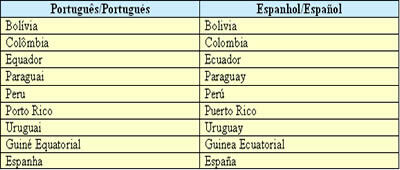In recent years, it is possible to see a considerable increase in the number of parents and students who wish to migrate to Home Education. Including the revelation that Millie Bobby Brown, star of Stranger Things, had this type of teaching helped to foment the debate. To better understand the subject, check out some advantages and disadvantages of home schooling.
Read more: Financial Education for Children: Know what it is and how to put it into practice
see more
Young people in a regime of prison semi-liberty will be able to have access to…
See the main attitude of parents that undermines the happiness of…
“It worked for me,” says Millie Bobby Brown of Home Education
Recently, the fourth season of “Stranger Things” was released, one of the most watched series on the Netflix streaming platform. With that, all eyes turn to Millie Bobby Brown, who is one of the leading ladies of success.
Previously, Millie had already said that she graduated from regular school through Homeschooling, which is Home Education. At the time, the actress highlighted how important this method was and how it worked for her, but also that it is a complex subject.
Advantages of Home Education
There are several reasons that lead parents to seek this alternative, as a way to escape bullying or because of the special needs of children. In summary, studies suggest the following advantages for this method:
- Greater flexibility regarding teaching schedules;
- Easier for the student to clear doubts;
- Personalized service to the student;
- Teaching method that adapts to the particularity of each student.
Disadvantages of Home Education
On the other hand, it is also possible to talk about a series of disadvantages, which motivates education activists to refute this method. Basically, the argument consists of the fact that the coexistence of the school is fundamental for the health and formation of the students. Check out the disadvantages:
- Complications regarding the socialization of these students;
- Absence of important extracurricular activities, such as sports, educational committees and other group work;
- Complications regarding the control of what is taught at home, so that home education can be ideological or doctrinal;
- Absence of education professionals for psychosocial assistance.
Finally, it is worth noting that education in Brazil has schools as its main cell. However, the number of families interested in the method is growing. Even the Chamber of Deputies approved PL 1.388/2022, which intends to regulate Home Education. Now, the decision goes to the Senate.


